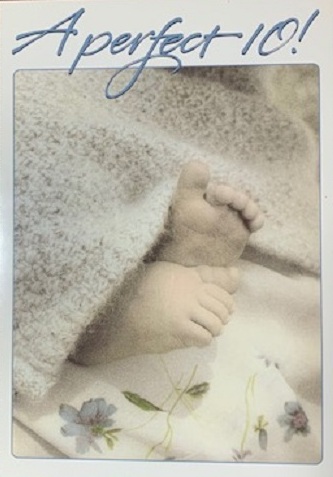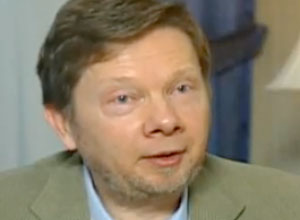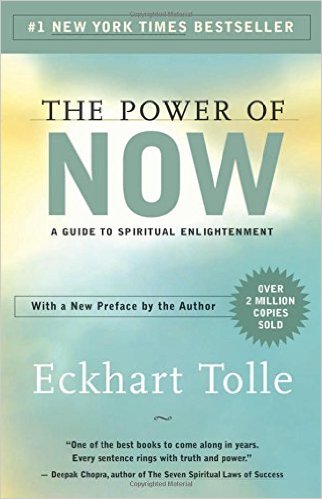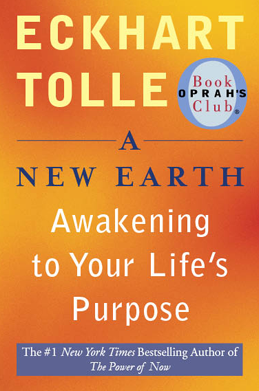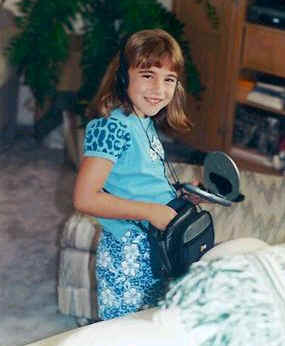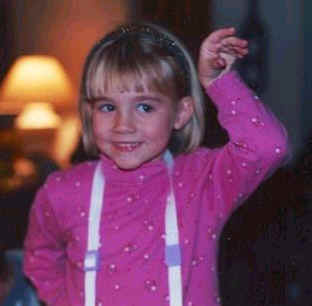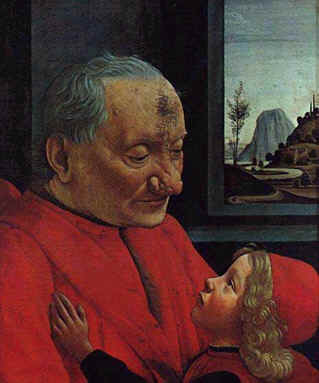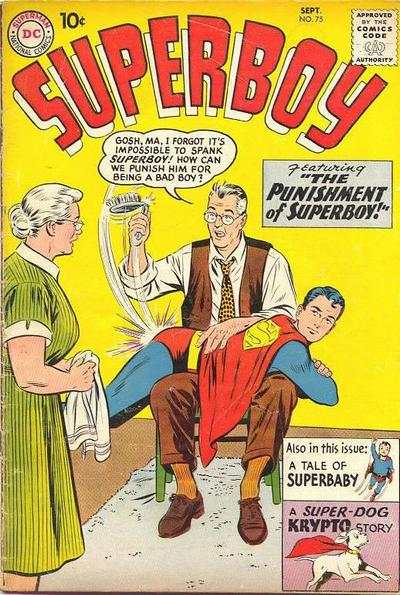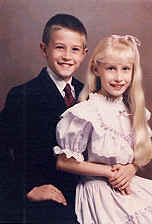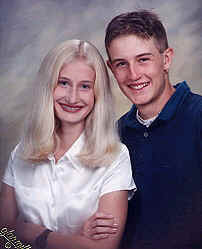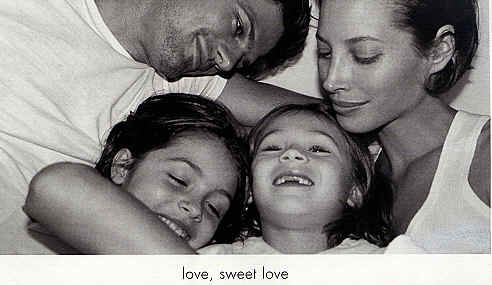|
home | what's new | other sites | contact | about |
|||||||
|
Word Gems exploring self-realization, sacred personhood, and full humanity
Children and Family
"A child is a person who is going to carry on what you have started. He is going to sit where you are sitting and when you are gone, attend to those things which you think are important. You may adopt all the policies you please, but how they are carried out depends on him. He will assume control of your cities, states and nations. He is going to move in and take over your churches, schools, universities, and corporations. All your books are going to be judged, praised or condemned by him. The fate of humanity is in his hands."
Abraham Lincoln
Editor's 1-Minute Essay: Children Editor's Essay: Will Childless Lovers Of Our World Be Able To Have A Family In Summerland? Cavalin, the ten-year old college student with an A+ average
Khalil Gibran: “Your children are not your children. They are the sons and daughters of Life's longing for itself. They come through you but not from you, and though they are with you, yet they belong not to you. You may give them your love, but not your thoughts. For they have their own thoughts. You may house their bodies but not their souls, for their souls dwell in the house of tomorrow, which you cannot visit, not even in your dreams.” Will Rogers: "Your mothers get mighty shocked at you girls nowadays, but in her day, her mother was just on the verge of sending her to reform school."
R.W. Emerson: "There never was a child so lovely but his mother was glad to get him asleep." Milton Berle: "If evolution really works, how come mothers only have two hands?"
Martin Mull: "Having a family is like having a bowling alley installed in your brain." Paul Reiser: "People often ask me, 'What's the difference between couplehood and babyhood?' In a word? Moisture. Everything in my life is now more moist. Between your spittle, your diapers, your spit-up and drool, you got your baby food, your wipes, your formula, your leaky bottles, sweaty baby backs, and numerous other untraceable sources--all creating an ever-present moistness in my life, which heretofore was mainly dry." Leo J. Burke: "People who say they sleep like babies usually don't have them." Ralph Waldo Emerson: "A child is a curly, dimpled lunatic." Dennis Fakes: "Any child can tell you that the sole purpose of a middle name is so he can tell when he's in trouble." George Bernard Shaw: "Perhaps the greatest social service that can be rendered by anybody to the country and to mankind is to bring up a family." Oscar Wilde, The Picture of Dorian Gray: "Children begin by loving their parents; as they grow older they judge them; sometimes, they forgive them." Leo Tolstoy: “All happy families resemble one another, each unhappy family is unhappy in its own way.”
John Rockefeller; an account by Matthew Josephson, Robber Barons: "[Rockefeller's father said this:] I cheat my boys every chance I get, I want to make 'em sharp. I trade with the boys and skin 'em and I just beat 'em every time I can. I want to make 'em sharp... Once when [his mother] found out that she was punishing him for a misdeed at school of which he was innocent, she said, 'Never mind, we have started in on this whipping and it will do for the next time.' The normal outcome of such disciplinary cruelty would be deception and stealthiness in the boy, as a defense... This harshly disciplined boy, quiet, shy, reserved, serious, received but a few years' poor schooling, and worked for neighboring farmers in all his spare time. His whole youth suggests only abstinence, prudence and the growth of parsimony in his soul. The pennies he earned he would save steadily in a blue bowl that stood on a chest in his room, and accumulated until there was a small heap of gold coins..." Sam Levenson: "The reason grandparents and grandchildren get along so well is that they have a common enemy." Abraham Lincoln: "Marriage is neither heaven nor hell. It is simply purgatory." James Baldwin: "Children have never been very good at listening to their elders, but they have never failed to imitate them." Carl Sandburg: "A baby is God's opinion that the world should go on."
Samuel Goodrich: "How many hopes and fears, how many ardent wishes and anxious apprehensions are twisted together in the threads that connect the parent with the child." Robert Byrne: "Learning to dislike children at an early age saves a lot of expense and aggravation later in life." Sherry Cartwright, quoted in Focus on the Family: "My daughter taught my 3-year-old grandson to be polite. After her friend gave him a haircut, she prompted Tyler, 'What do you say to Wes for cutting your hair?' Not liking the buzz cut, Tyler hung his head and said softly, 'I forgive you.'" John Adams, letter to Abigail Adams, May 12, 1780: "I must study politics and war that my sons may have liberty to study mathematics and philosophy. My sons ought to study mathematics and philosophy, geography, natural history, naval architecture, navigation, commerce and agriculture in order to give their children a right to study painting, poetry, music, architecture, statuary, tapestry, and porcelain."
Dr. Elizabeth Kubler-Ross, The Tunnel and the Light: "In our society the only people usually who give us totally unconditional love are the very old people: Grandmas and Grandpas. In a society where every generation lives all by themselves ... most children miss that aspect of growing up. And that gives the children their first problems in [their emotional] development ... [because] between the ages of one and six ... [children] get all their basic attitudes that will mark them for life. Our children need to be raised with unconditional love and firm consistent discipline, but with no punishment [that is, there must be no spirit of hostility when our children are corrected] ... it is possible to dislike their behavior and still love them. If you are able to do that, the children develop a very beautiful intellectual [capacity] at around the age of six, they love to learn and going to school is a challenge, not a threat... If you have lived with unconditional love early in life, things can get very bad later in life, and you will still be able to cope with it. If you have experienced unconditional love once, it will last for your whole life-time. It does not have to be from your father or mother who may not be capable of giving it because they themselves have never received it."
Mark Twain: "Love seems the swiftest, but it is the slowest of all growths. No man or woman really knows what perfect love is until they have been married a quarter of a century." Socrates: "By all means marry. If you get a good wife you will become happy, and if you get a bad one you will become a philosopher." Dr. Gary E. Schwartz, U. of Arizona, The AfterLife Experiments: "The Harvard Mastery of Stress Study was originally conducted in the early 1950s with 126 healthy male Harvard undergraduate students. Each student received a physical and psychiatric exam, and filled out an inch-thick stack of pencil-and-paper tests... [included] fourteen questions that rated the men's perceptions of their mothers' love and caring, and fourteen that rated the men's perceptions of their fathers' love and caring, based on criteria such as how loving, fair, just, and kind the parents had been during the men's childhood and adolescence. Could these simple ratings of perceived parental love obtained in college serve as a predictor of their long-term health thirty-five and forty-two years later? When we calculated the scores and entered them in the computer, the results were clear cut-and startling. The findings indicated that perceptions of parental love in college did indeed predict long-term physical health in later life. We created four possible subgroups based on their college ratings: (1) father and mother both rated high; (2) father rated high, mother rated low; (3) father rated low, mother rated high; and (4) father and mother both rated low. For those men who rated both their parents high in love and caring while they were in college, about 25 percent had a confirmed diagnosis of physical disease thirty-five years later. The diseases included cancer, heart problems, high blood pressure, arthritis, and asthma. However, for those men who had rated both of their parents low in love and caring, 87 percent had a diagnosed disease thirty-five years later. Not surprisingly, of men who rated one of their parents high and the other low, approximately half had a diagnosed disease in midlifie. The higher their perception of parental love, the healthier their lives. And we found that these patterns were independent of family and genetic history of disease, death, and divorce history of parents, as well as the smoking and marital histories of the men themselves. None of these familiar, well-established risk factors could explain the findings obtained. What did these strong data suggest? Since the men who perceived themselves as coming from the most loving parents had the lowest rates of physical disease, this implied that love might be acting as a buffer, protecting a person from the deleterious health consequences of risk factors-even such significant factors as genetic predisposition, divorce, and cigarette smoking. (The results of this study were reported by us in a 1997 article in the Journal Psychosomatic Medicine .)"
Hasdai Ibn Shaprut, Jewish scholar: "Your son at five is your master, at ten your slave, at fifteen your double, and after that, your friend or foe, depending on his bringing up." Abraham Lincoln: "No man is poor who had a godly mother." Michael Corleone, The Godfather III: "The only wealth in this world is children."
Donald G. Smith: "The family seems to have two predominant functions: to provide warmth and love in time of need -- and to drive each other insane." Theodore M. Hesburgh: "The most important thing a father can do for his children is to love their mother." Martin Luther: "There is no more lovely, friendly, and charming relationship, communion, or company than a good marriage." Garrison Keillor: "Nothing you do for children is ever wasted. They seem not to notice us, hovering, averting our eyes, and they seldom offer thanks, but what we do for them is never wasted." Khalil Gibran: "On Children: You may give them your love but not your thoughts, for they have their own thoughts; you may house their bodies but not their souls, for their souls dwell in the house of tomorrow, which you cannot visit, not even in your dreams."
Dr. Joseph Campbell, The Power of Myth: "...marriage is recognition of a spiritual identity. If we live a proper life, if our minds are on the right qualities in regarding the person of the opposite sex, we will find our proper male or female counterpart. But if we are distracted by certain sensuous interests, we'll marry the wrong person. By marrying the right person, we reconstruct the image of ... God, and that's what marriage is... I've been amazed at the number of my friends who in their forties or fifties go apart. They have had a perfectly decent life together with the child, but they interpreted their union in terms of their relationship through the child [not] their own personal relationship to each other. Marriage is a relationship. When you make the sacrifice in marriage, you're sacrificing not to each other but to unity in a relationship... You're no longer one alone; your identity is in a relationship. Marriage is not a simple love affair, it's an ordeal, and the ordeal is the sacrifice of ego to a relationship in which two have become one." Arthur Schopenhauer: "There is no absurdity so palpable but that it may be firmly planted in the human head, if only you begin to inculcate it before the age of five, by constantly repeating it with an air of great solemnity." Herbert Spencer: "The ultimate consequence of protecting men from the results of their own folly is to fill the world with fools." Francesca Johnson (Meryl Streep), The Bridges of Madison County: "I gave my life to my family." Groucho Marx: "I was married by a judge -- it should have been a jury!" Diefendorf & Madden, 3 Dimensional Wealth: "Studies have shown that too much money, especially in the hands of very young adults, can do more harm than good. Often there is a lack of self-esteem that goes along with inherited money... of guilt and shame... [and] the lack of humility that accompanies an opulent life-style... Lack of initiative and drive can be a result... Warren Buffett puts it this way: 'I want to leave my children enough so that they can do anything they want but not enough so that they don't have to do anything at all.' ... If money alone is left to children, without being left in a wrapper of personal wealth (wisdom) and social wealth (values), more often than not your children will end up with financial problems..." Robert E. Lee: "As a general principle you should not force young men to do their duty, but let them do it voluntarily and thereby develop their characters." Anna Quindlen: "I would be most content if my children grew up to be the kind of people who think decorating consists mostly of building enough bookshelves."
|
|||||||
|
|
